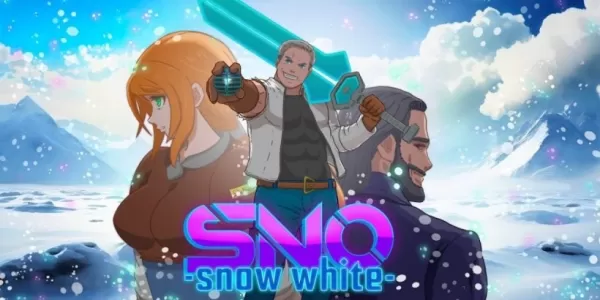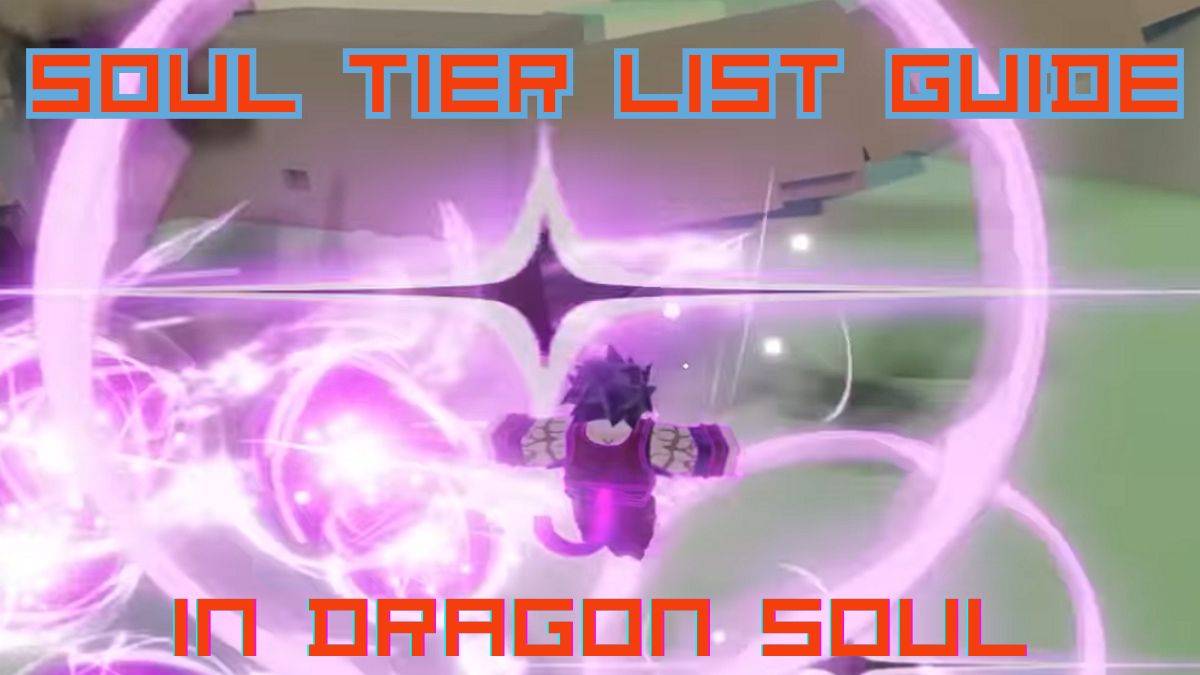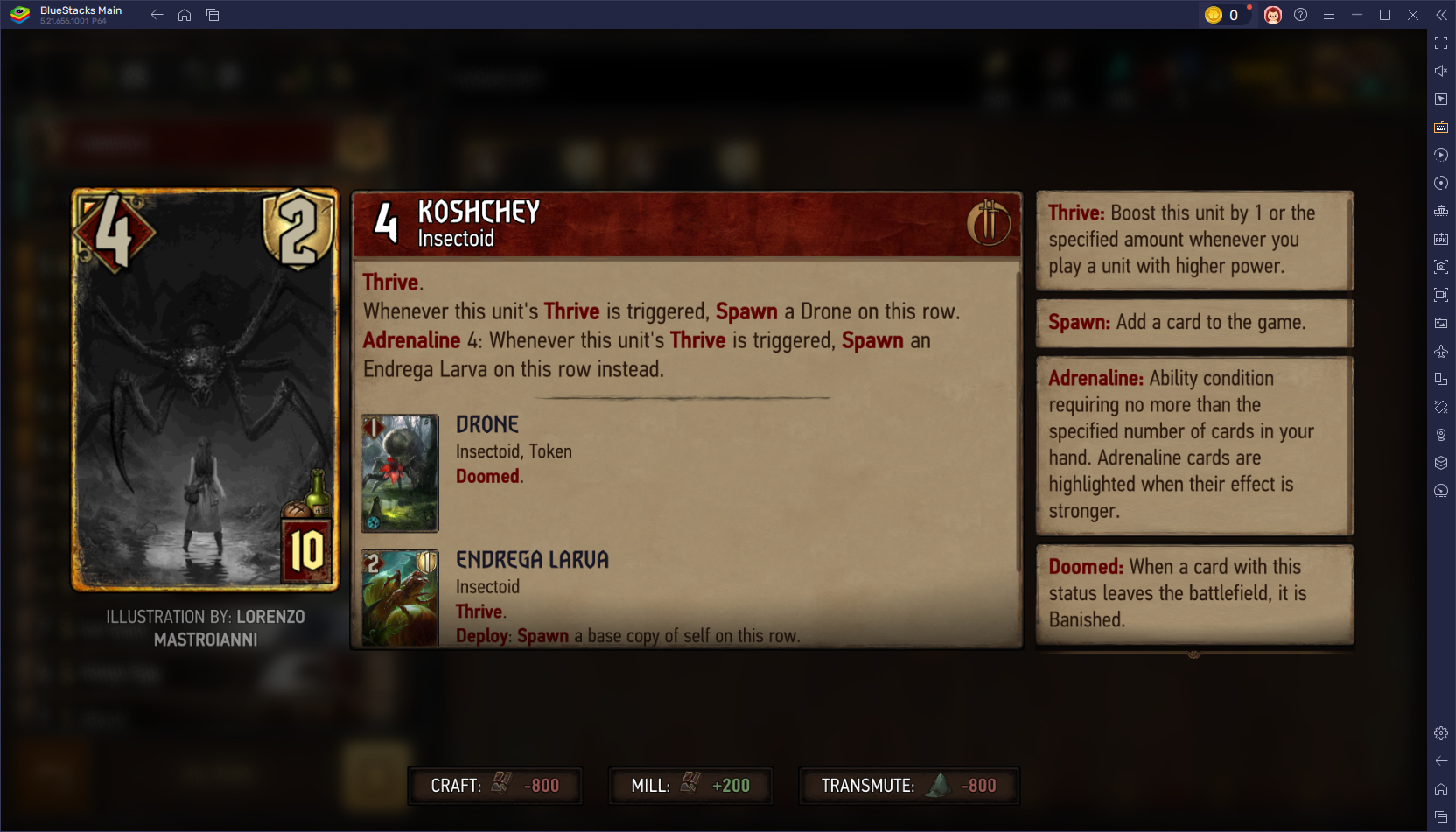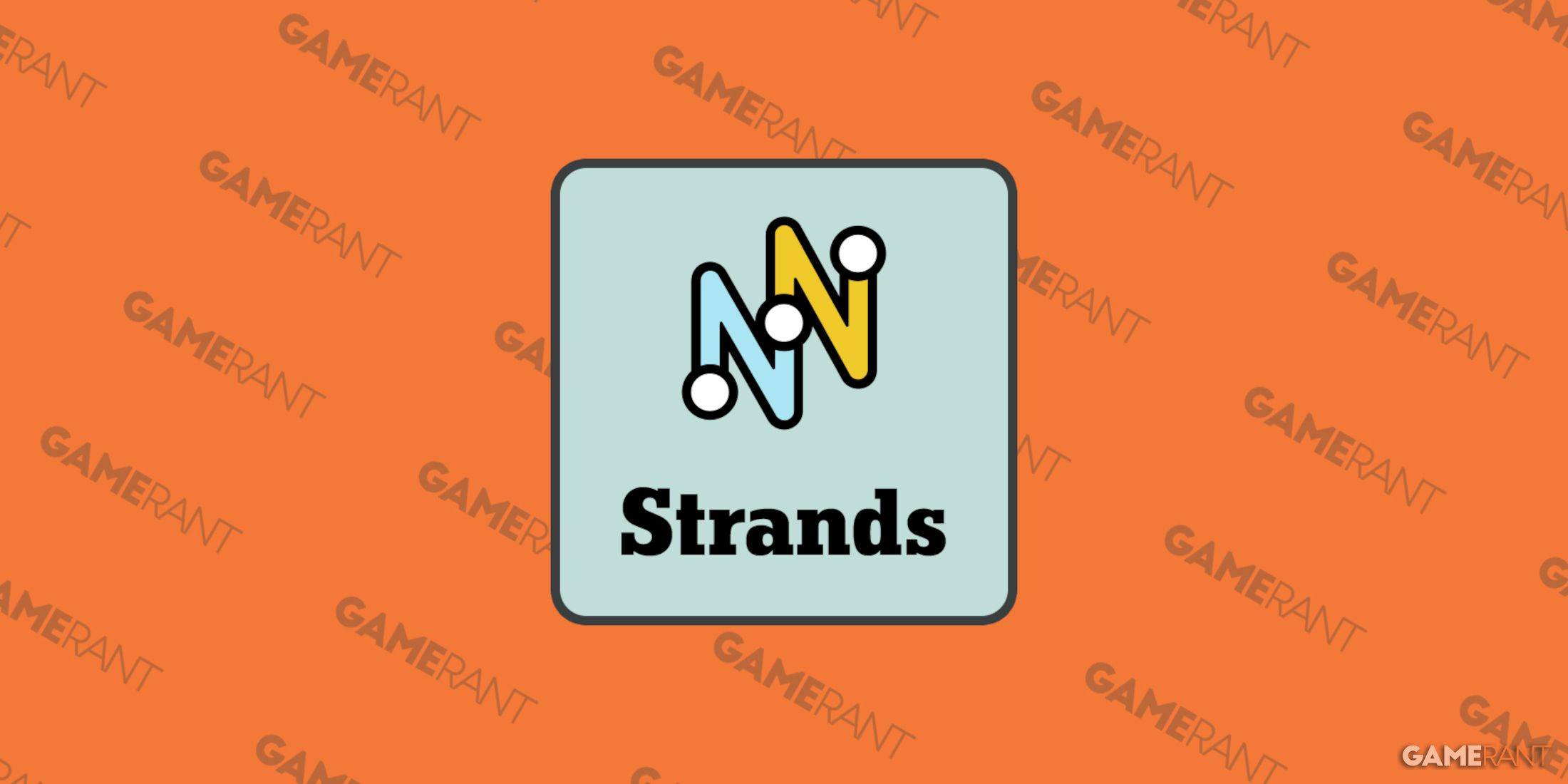Hideo Kojima Unveils 'Forgetting Game' Concept: Play or Lose Abilities
- By Jack
- May 20,2025
Hideo Kojima’s Japanese radio podcast KOJI10 offers fans a deep dive into the creative mind behind the iconic Metal Gear Solid and Death Stranding series. In the latest episode (Episode 17), Kojima delves into the innovative use of real-world time in video games. He not only reflects on past implementations but also shares fresh concepts, including an unused idea from the highly anticipated Death Stranding 2: On The Beach.
Kojima is renowned for his innovative use of console or PC internal clocks to enhance gameplay. He cites two notable examples from Metal Gear Solid 3: Snake Eater (2004) on the PS2. To heighten the survival experience in the jungle, the game features perishable food that rots over real-life days. Consuming spoiled food can make Snake violently ill, or players can creatively use it as a weapon by throwing it at unsuspecting enemy soldiers.
Death Stranding 2 Cast
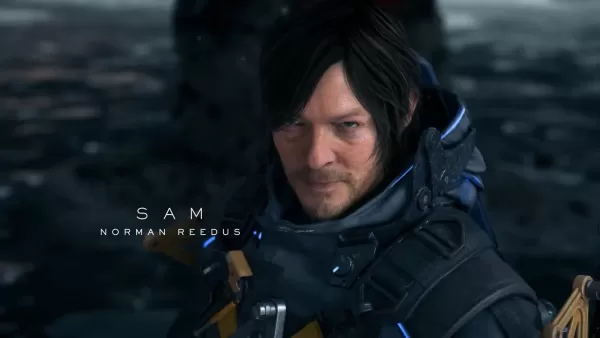
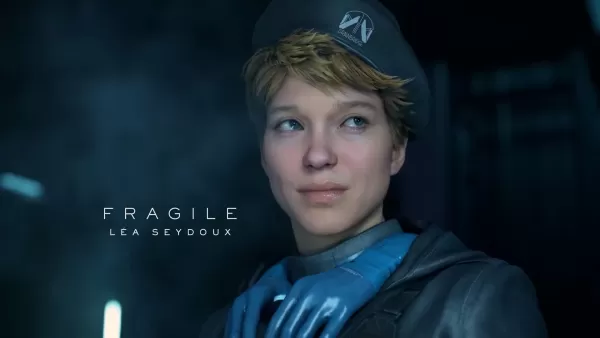 View 14 Images
View 14 Images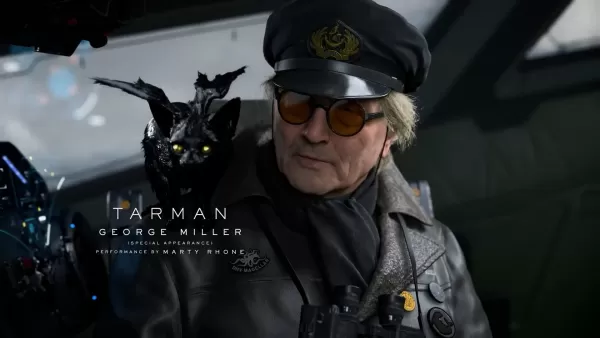
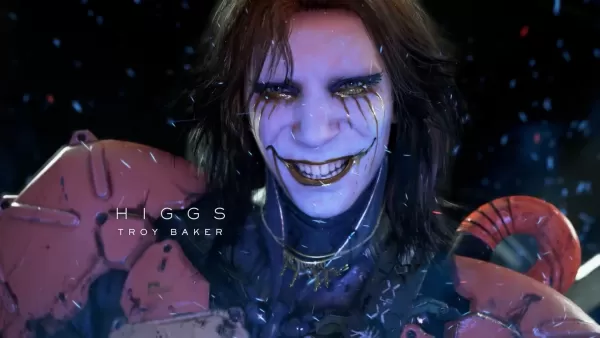
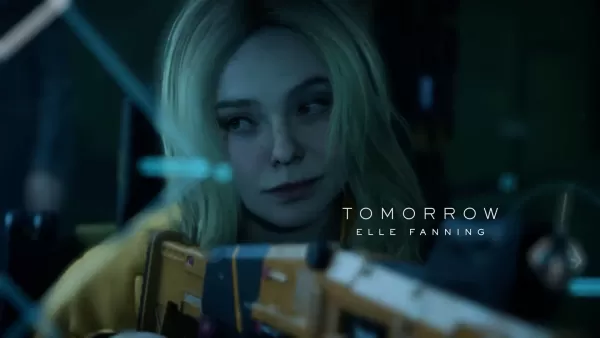
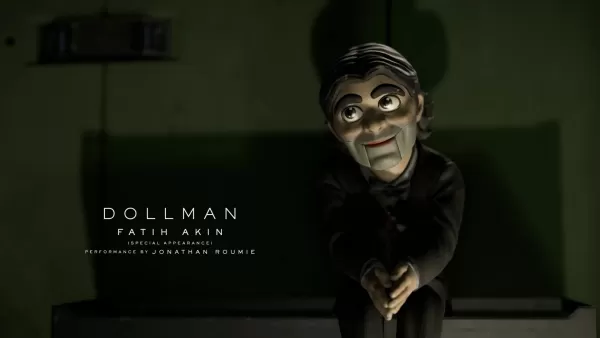
Another inventive use of real-time mechanics in MGS3 involves the elderly sniper boss, The End. "Although he's a formidable adversary, if the player waits a week, The End will succumb to old age," Kojima recalls. By loading an in-battle save after a week, players witness a cutscene where Snake discovers The End's demise.
Kojima also teases a concept that was initially planned for Death Stranding 2, where protagonist Sam's beard would grow over time, requiring players to shave it to maintain his appearance. "As Norman Reedus is a big star, I didn’t want to make him look uncool!" Kojima explains. Though this feature was scrapped, he remains open to incorporating it into future projects.
The visionary designer also shared three novel game concepts revolving around the passage of real-world time. The first envisions a life simulation where players begin as children and age into their 70s or 80s. "As you age, your physical abilities decline, but your knowledge and experience grow," Kojima notes, adding that this aging would influence strategic gameplay. Despite his skepticism about its commercial viability, his podcast co-hosts expressed enthusiasm for this "Kojima-like game."
Another idea involves a game where players nurture items like wine or cheese, requiring long-term engagement that could function as a background or idle game. Conversely, Kojima proposes a "forgetting game" where the protagonist loses important skills and memories if players take extended breaks. "Players might need to take a week off work or school to play it," Kojima quips, highlighting the urgency this mechanic would instill.
As fans eagerly anticipate Death Stranding 2’s release on June 26, many will be planning time off to immerse themselves in Kojima’s latest creation. For more insights, don't miss our interview with Kojima and our impressions after playing the first 30 hours.
Latest News
more >-

- Genshin Impact Luna I update arrives next month
- Dec 17,2025
-

-

-
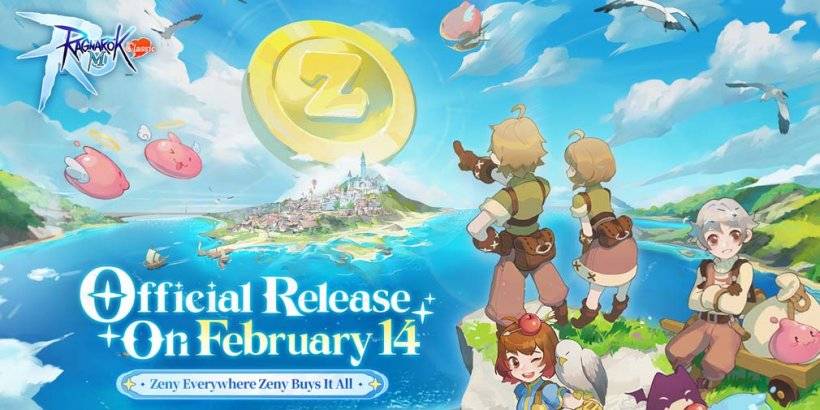
- Ragnarok M Classic Beta Starts Next Month
- Dec 17,2025
-
